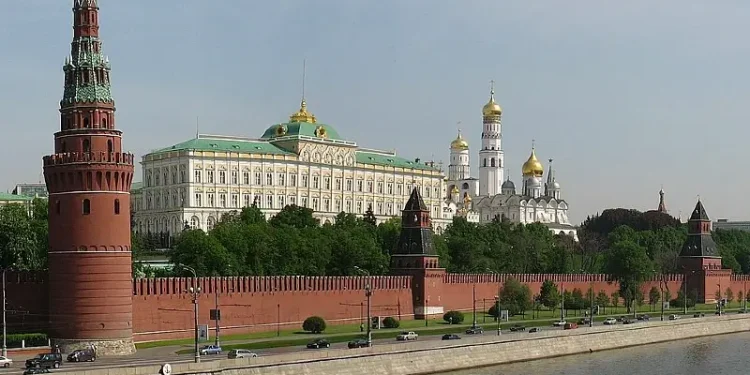The UK has sanctioned three GRU units and 18 officers linked to cyberattacks, the Mariupol Theatre bombing, and targeting Yulia Skripal, escalating measures against Russian hybrid warfare.
Foreign Secretary David Lammy emphasized these actions protect national security and counter destabilization efforts.
Details of the UK’s Latest Sanctions Against GRU Units
The UK government has imposed sanctions on three GRU units and 18 officers for their involvement in various malign activities, including the Mariupol Theatre bombing and cyberattacks. These measures aim to disrupt the operations of Russia’s military intelligence service and hold them accountable for their actions on the international stage.
These sanctions target individuals and units directly involved in high-profile incidents such as the attack on Yulia Skripal and the tragic Mariupol Theatre bombing, which resulted in numerous civilian casualties.
Technological Warfare: The Role of Cyberattacks and Malware
GRU Unit 26165 was notably involved in cyber reconnaissance activities that preceded the missile strike on Mariupol’s theatre. This unit’s actions highlight the integration of cyber warfare techniques in broader military strategies.
The sanctions also address the deployment of X-Agent malware, which was used to target Yulia Skripal’s devices before the Salisbury poisoning in 2018, demonstrating the GRU’s continued focus on cyber espionage.
How Sanctions are Reshaping the Landscape for UK and Global Enterprises
The new sanctions include restrictions on providing trust services, IT consultancy, and legal advisory to Russian entities. These measures require compliance from British businesses and have broader implications for international companies engaged with Russian firms.
By targeting specific economic activities, the UK aims to cut off vital resources and services that could aid the GRU’s operations, thereby limiting their capability to conduct further destabilizing activities.
Historical Context and Continuation of UK’s Defensive Measures
These sanctions are not isolated measures but follow a consistent pattern of the UK’s response to Russian military actions, including the response to the Salisbury attack in 2018 and subsequent cyberattacks attributed to Russian hackers.
The UK’s strategy aligns with broader NATO and EU cybersecurity priorities, aiming to establish a robust defense against state-sponsored cyber threats and ensuring national security.
Insightful Data on UK’s Sanctions and GRU’s Operations
| Category | Detail |
|---|---|
| Sanctioned GRU Units | Three units including Unit 26165 |
| Targeted Officers | 18 GRU officers |
| Key Incidents Linked | Mariupol Theatre bombing, Salisbury poisoning |
| Sanctioned Activities | Trust services, IT consultancy, legal advisory |
| Malware Used | X-Agent |
| Defense Spending Increase | 2.6% of GDP by 2027 |
Statements from UK Government Officials
Foreign Secretary David Lammy has been vocal about the intentions behind these sanctions, stating,
“GRU spies are running a campaign to destabilise Europe, undermine Ukraine’s sovereignty and threaten the safety of British citizens.”
He further warned,
“The Kremlin should be in no doubt: we see what they are trying to do in the shadows and we won’t tolerate it.”
These statements underscore the UK’s firm stance on national and European security.
Broader Implications of Russian Hybrid Warfare Tactics
The GRU’s operations extend beyond Europe, with the African Initiative targeting global health efforts through misinformation campaigns in West Africa. This represents a significant aspect of Russia’s hybrid warfare strategy, aiming to undermine international crisis responses.
This expansion of operations into different regions highlights the global nature of the threat posed by state-sponsored disinformation and cyberattacks, necessitating a coordinated international response.
Additional Reading
Sources: UK Government Press Release, The Telegraph, National Cyber Security Centre, Foreign, Commonwealth & Development Office and The Rt Hon David Lammy MP.
Prepared by Ivan Alexander Golden, Founder of THX News™, an independent news organization delivering timely insights from global official sources. Combines AI-analyzed research with human-edited accuracy and context.









